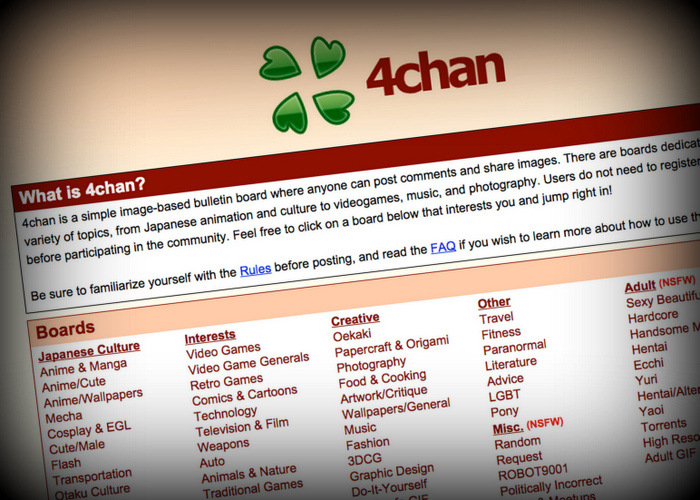Papers across Texas and across the nation led the news with information on the carnage in Oregon Thursday at Umpqua Community College. Ten people were reported dead, including the 26-year-old shooter.
Investigators are now looking into an online conversation before the shooting took place. Someone wrote: “Don’t go to school tomorrow if you are in the northwest.”
But it’s yet to be determined if the web post was made by the shooter, or if it was just an eerie coincidence. Either way, it didn’t seem to set off alarms, raise flags or lead to a call to the authorities. Instead, it garnered plenty of responses like this:
“Do it.”
“Become legendary.”
“I suggest you enter a classroom and tell people that you will take them as hostages. Make everyone get in one corner and then open fire.”
These comments and the original post appeared on a site called 4chan.
It’s a 12-year-old image board that allows people to post content anonymously. It doesn’t have an archive system, so within hours or days the content completely disappears. But now site users are attempting to pin the blame for the Oregon shooting on one of their own.
Fernando Alfonzo III has written about the goings-on at sites like 4chan for the Daily Dot, and teaches journalism at the University of Kentucky at Lexington. He says the value in the site is the anonymity it gives to users, but officials need to be paying attention to the content going up on this site and other similar internet forums.
Alfonzo says the site’s set-up doesn’t include any archive system.
“It allows for content to be posted there and then within hours if not days just completely disappear,” he says.
Users flock to the site because it doesn’t have tracking that can be used by marketers or advertisers.
“The value in this site is really just the anonymity,” he says. “It’s this idea that you can be your true self or you can be just a complete jerk without – they like to think – any consequences.”
Alfonzo says the site could be useful for alerting authorities about dangerous people but they should be wary of users “baiting” people into believing something that may not be true.
“Officials need to be paying attention to what is happening on these sites,” he says, “but they also need to understand that what is posted on 4chan is often times just nonsense.”
Alfonzo says this free-for-all atmosphere cuts both ways.
“It does hold a value – it allows people to be their truest self,” he says. “As awful or as great as that can be.”

















